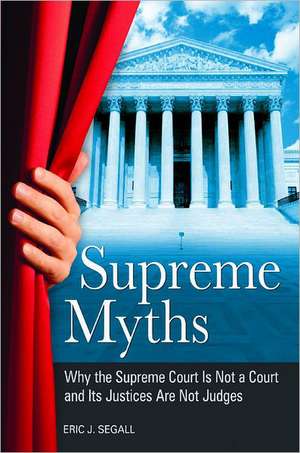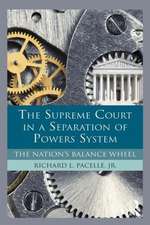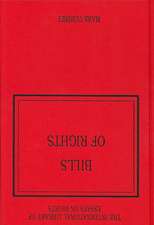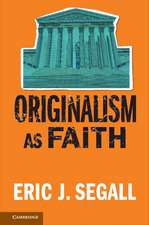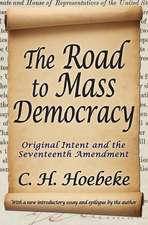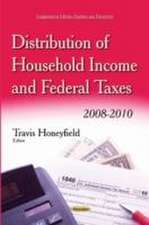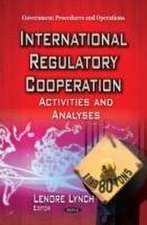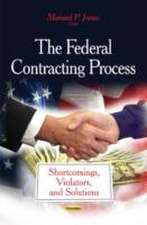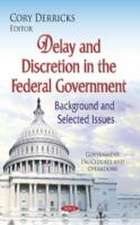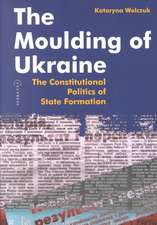Supreme Myths: Why the Supreme Court Is Not a Court and Its Justices Are Not Judges
Autor Eric J. Segallen Limba Engleză Hardback – 21 feb 2012 – vârsta până la 17 ani
Preț: 356.01 lei
Preț vechi: 481.73 lei
-26% Nou
Puncte Express: 534
Preț estimativ în valută:
68.13€ • 70.87$ • 56.25£
68.13€ • 70.87$ • 56.25£
Carte tipărită la comandă
Livrare economică 14-28 aprilie
Preluare comenzi: 021 569.72.76
Specificații
ISBN-13: 9780313396878
ISBN-10: 0313396876
Pagini: 240
Dimensiuni: 156 x 235 x 28 mm
Greutate: 0.52 kg
Editura: Bloomsbury Publishing
Colecția Praeger
Locul publicării:New York, United States
ISBN-10: 0313396876
Pagini: 240
Dimensiuni: 156 x 235 x 28 mm
Greutate: 0.52 kg
Editura: Bloomsbury Publishing
Colecția Praeger
Locul publicării:New York, United States
Notă biografică
Eric J. Segall is professor of law at Georgia State University College of Law in Atlanta, where he has been faculty since 1991.
Cuprins
PrefaceAcknowledgmentsPrologue1 Supreme Mythology2 Marbury v. Madison and the Birth of Judicial Review3 Racial Discrimination: Dred Scott, Plessy, and the Reconstruction Amendments4 The Economy5 Abortion6 Guns7 Affirmative Action8 Freedom of Religion9 Proposals10 ConclusionEpilogueNotesIndex
Recenzii
This book is well-written, and tells background stories about several cases that may be of interest to students and some professors. . . . Supreme Myths may be a good book for undergraduates studying American government, judicial process, or constitutional law. Summing Up: Recommended.
